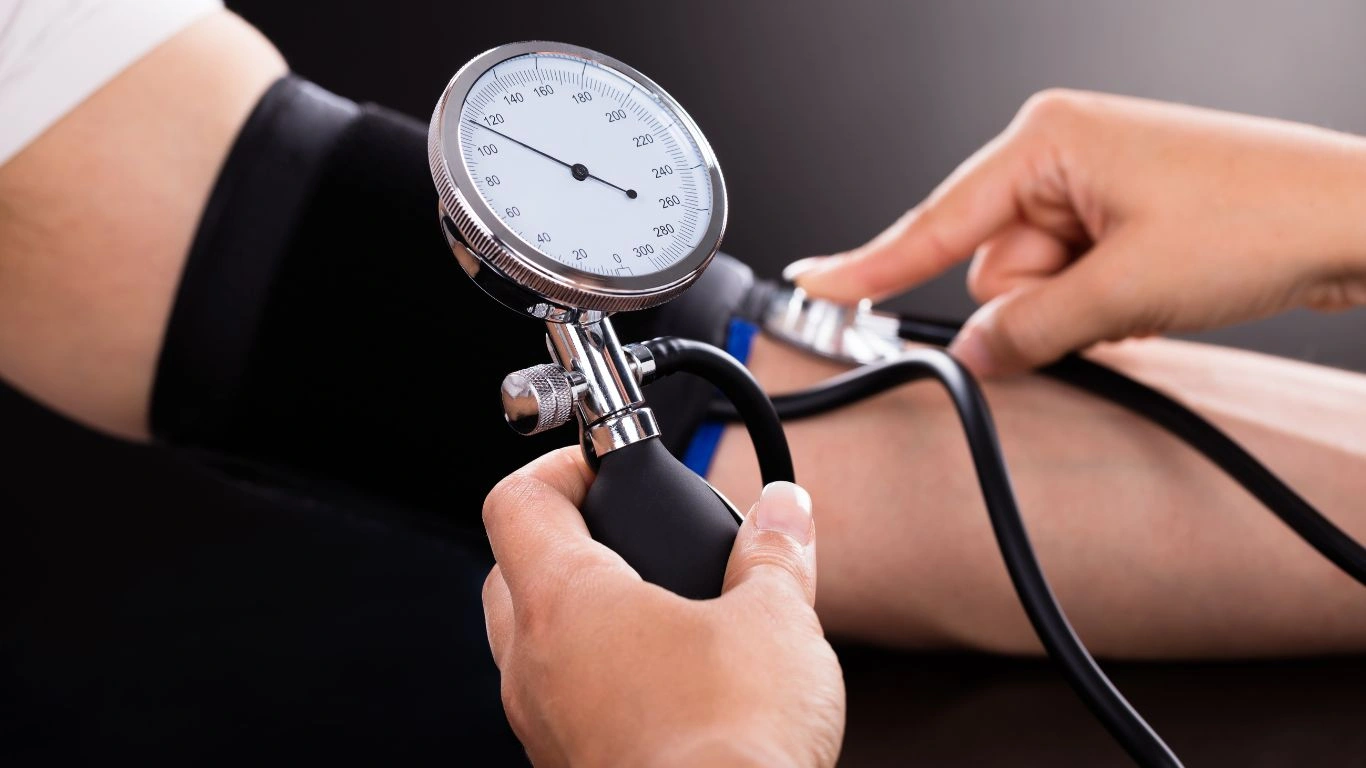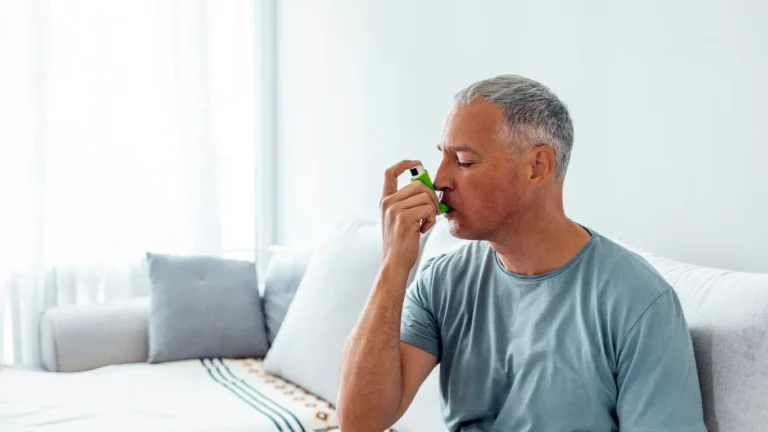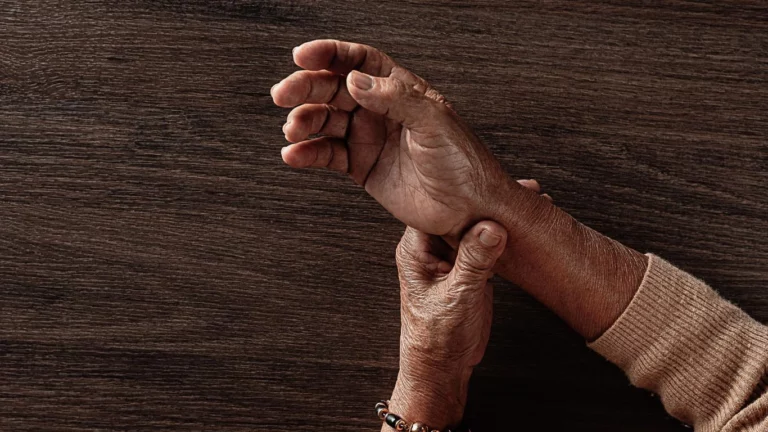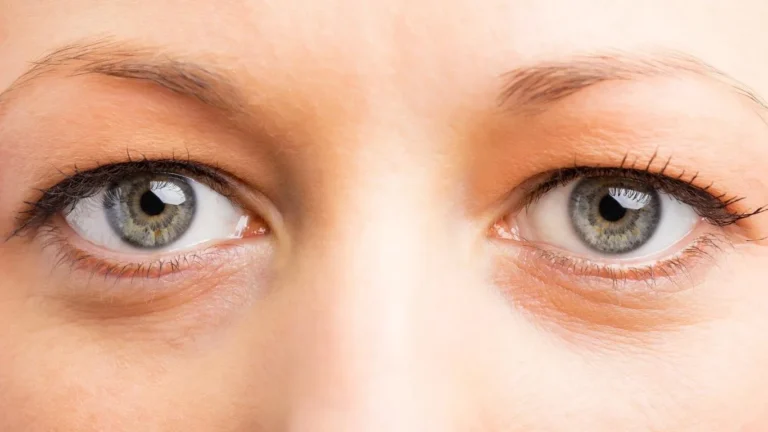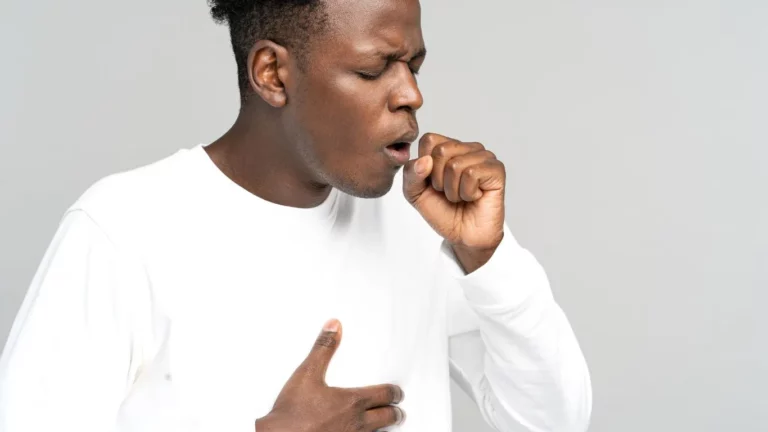Managing High Blood Pressure in the Summer Heat: Tips for Healthy Living
As an Internal Medicine physician specializing in hypertension management, I’ve seen firsthand how the summer heat can impact people with high blood pressure. It’s not just the discomfort of the sweltering temperatures, but also how they affect the body’s ability to regulate blood pressure. Managing high blood pressure in the summer heat can be especially tricky, but with the right approach, it’s entirely possible to stay healthy and safe during these hotter months. In this post, I’ll walk you through some of the key factors to keep in mind when managing hypertension in the heat and share tips from my own practice on how to best navigate the challenges summer brings.
Why Summer Heat Affects Blood Pressure

We all know that the hot summer months can leave us feeling sluggish, but did you know that the heat can also lead to fluctuations in your blood pressure? The body responds to heat by trying to cool down, and that often means your blood vessels dilate to help release heat. While this is a natural and protective mechanism, it can also lead to a drop in blood pressure. If you’re someone with hypertension or on blood pressure medications, this change can sometimes throw things off balance.
But that’s not the whole story. In addition to dilating blood vessels, heat causes the body to lose fluids more quickly through sweat, and dehydration is a major concern when it comes to high blood pressure. Dehydration can cause blood pressure to rise in an attempt to compensate for the reduced blood volume. So, not only do you have to worry about the heat lowering your blood pressure, but dehydration can also cause an increase, which is why the summer heat can feel like a double-edged sword.
How Heat Affects Medications
If you’re on blood pressure medication, summer might complicate things a bit. Certain medications, particularly diuretics (also known as water pills), can increase your risk of dehydration since they cause your kidneys to remove excess salt and water from your system. In hot weather, this effect can be amplified, leading to a more significant drop in your body’s fluid levels. If you’ve been prescribed one of these medications, it’s essential to stay on top of your hydration levels and keep an eye on how you’re feeling.
Similarly, beta-blockers, which are commonly prescribed for hypertension, work by lowering your heart rate and relaxing your blood vessels. While this can help control blood pressure, it might also impair your body’s ability to adjust to the heat. These medications can make it harder for your body to cool itself off effectively, leading to overheating and even heat exhaustion in extreme cases. This is why it’s so important to stay vigilant and adjust your lifestyle to match the challenges of the season.
Tips for Managing High Blood Pressure in the Summer Heat
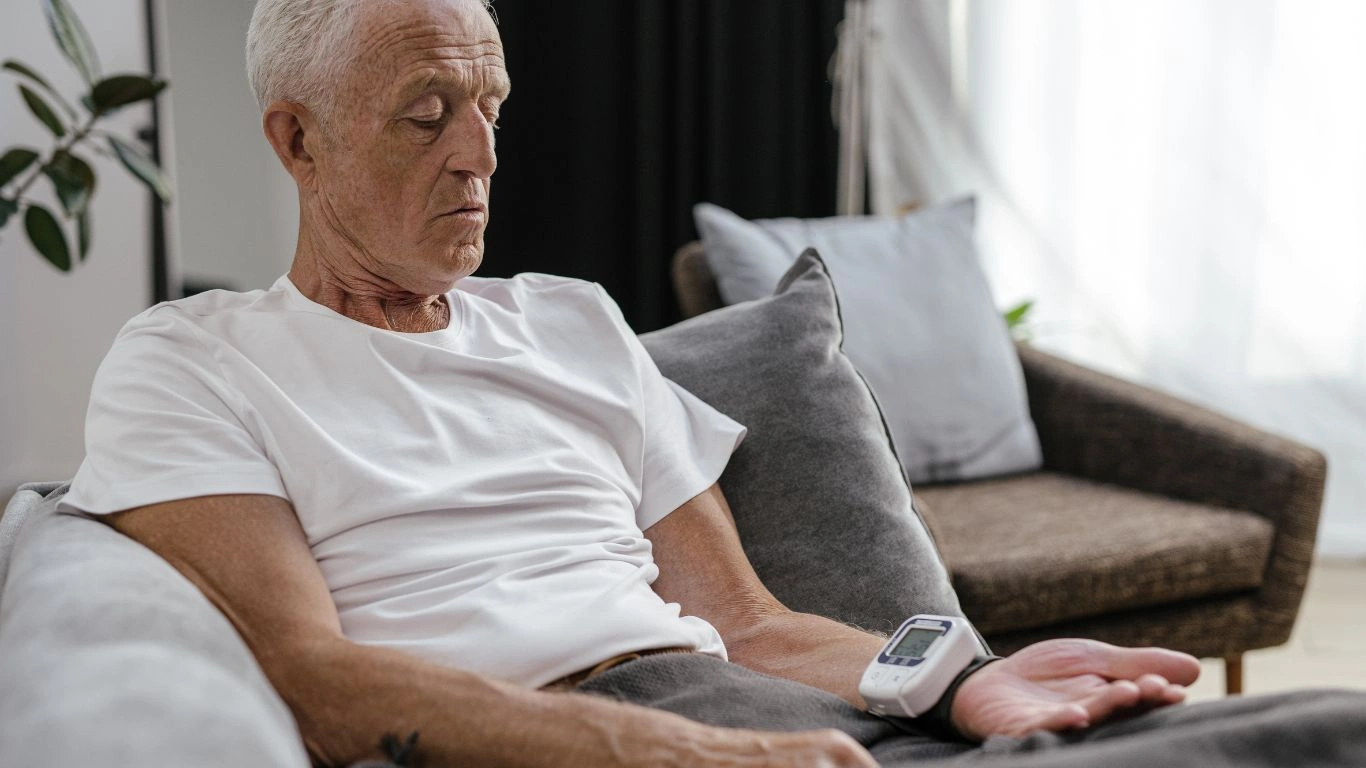
Managing high blood pressure in the summer heat doesn’t have to be a constant worry. With a few simple adjustments, you can keep your blood pressure in check while still enjoying the sunshine. Here are my top tips for staying healthy when the heat is on:
- Stay Hydrated – This might seem like an obvious tip, but it’s so important to emphasize. Drink plenty of water throughout the day, especially if you’re out in the heat. Dehydration can cause your blood pressure to spike, so staying hydrated is one of the most effective ways to keep it under control.
- Avoid the Hottest Hours – If you’re sensitive to heat or have trouble managing your blood pressure in the summer, try to avoid outdoor activities during the hottest part of the day. The hours between 10 AM and 4 PM tend to be the hottest, so if possible, schedule your walks, exercise, and outdoor activities earlier in the morning or later in the evening.
- Wear Light, Loose Clothing – Keeping your body cool is essential. Wearing lightweight, light-colored clothing can help your body stay cooler by allowing your skin to breathe more easily. This is especially important for people taking medications that affect how the body cools itself.
- Eat Light, Balanced Meals – Heavy meals can make your body work harder, especially in the heat. Focus on smaller, lighter meals that are rich in fruits, vegetables, and lean proteins. This helps to prevent any unnecessary strain on your body and keeps you feeling more comfortable.
- Keep Your Environment Cool – If you don’t have access to air conditioning, use fans to circulate air and try to keep your living space cool. Hot environments can make it harder for your body to maintain a normal blood pressure, so find ways to stay cool at home.
Monitor Your Blood Pressure Regularly
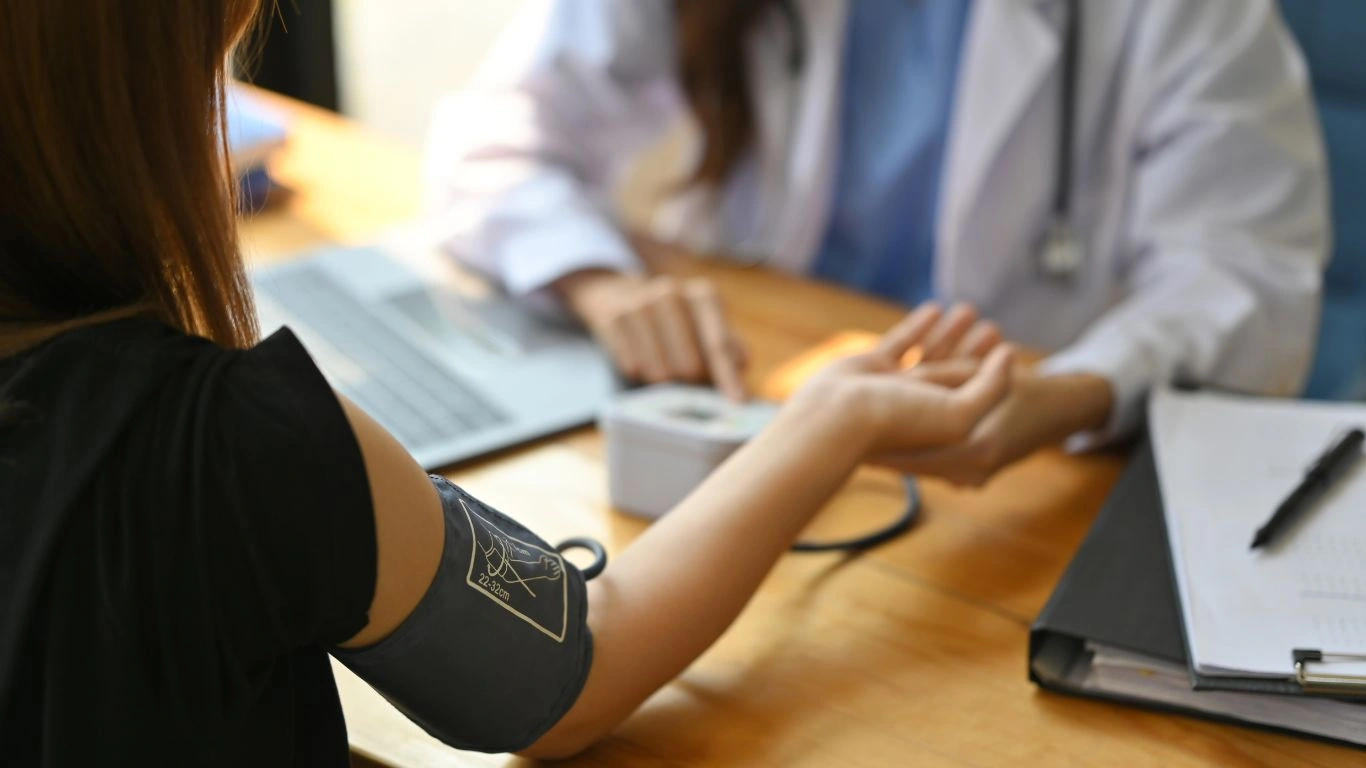
During the summer months, it’s crucial to monitor your blood pressure more frequently. The extreme temperatures, changes in hydration levels, and medications can cause your blood pressure to fluctuate more than usual. By keeping track of your numbers at home, you’ll be able to notice any concerning changes and take action quickly.
Investing in a good home blood pressure monitor is an easy way to stay on top of your health. When you measure your blood pressure regularly, you’ll not only get peace of mind but also more control over how you feel as the temperature rises.
Recognize the Signs of Heat-Related Illness
Heat exhaustion and heat stroke are real risks during the summer, especially for people with high blood pressure. If you’re out in the sun for long periods, you should know the signs to look out for.
- Heat Exhaustion: Symptoms include heavy sweating, weakness, dizziness, nausea, and headaches. If you experience these symptoms, it’s essential to move to a cooler place, drink fluids, and rest.
- Heat Stroke: This is a more serious condition and can be life-threatening. Signs include confusion, rapid pulse, high body temperature (above 104°F), and loss of consciousness. If you or someone you’re with shows signs of heat stroke, get medical help immediately.
How Exercise Impacts High Blood Pressure in the Summer Heat
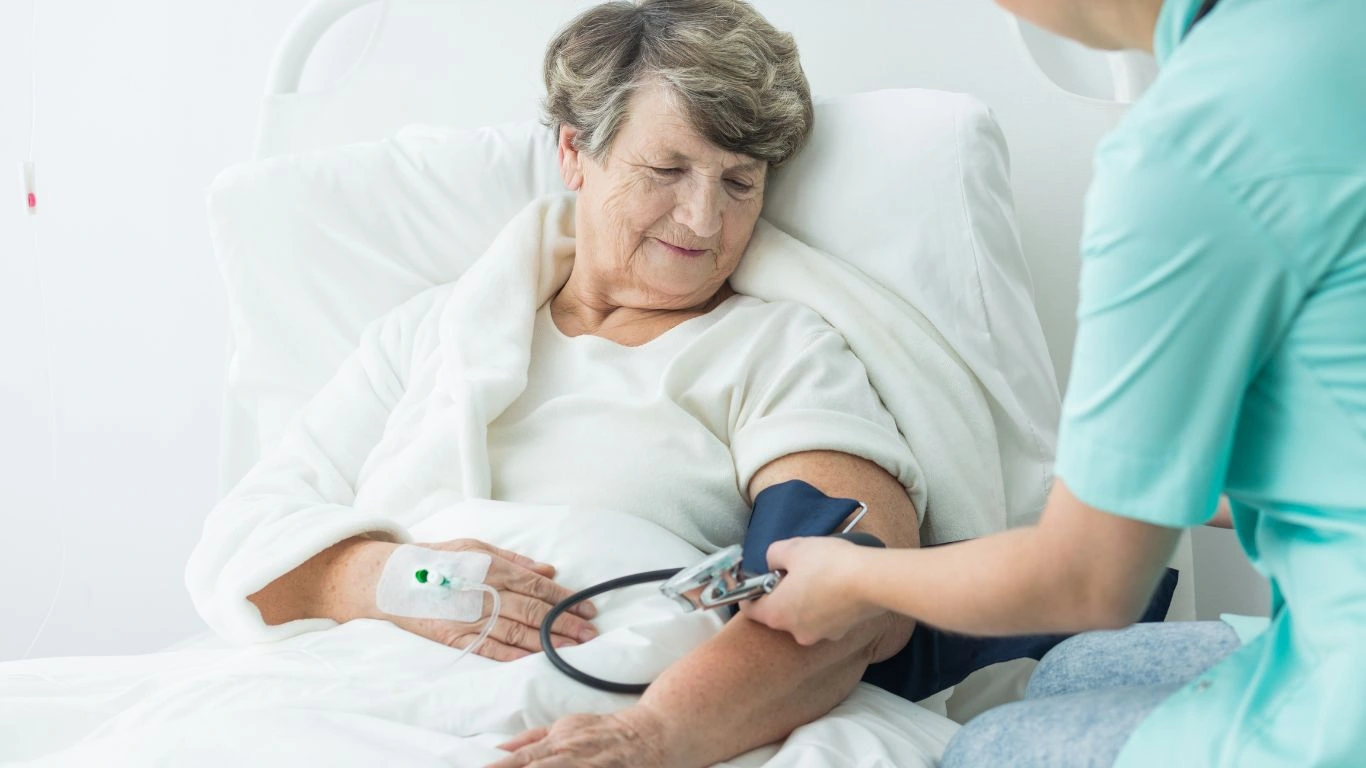
When we talk about managing high blood pressure, exercise is often one of the first things that come up. As someone who’s worked with patients with hypertension for years, I can tell you that regular physical activity is a game-changer. But when it’s 90°F+ outside, exercise can feel more like a challenge than a benefit. So, how do you balance exercise and high blood pressure management during the hottest months of the year?
Here’s the deal: exercising in the summer heat can still be beneficial, but it’s all about how you approach it. The key is to listen to your body and be smart about the timing and intensity of your workouts. Here are a few tips I share with my patients:
- Time It Right – Avoid exercising during the hottest part of the day (usually 10 AM to 4 PM). Early mornings or late evenings are often the best times to get in your workout without overheating. Plus, the cooler air helps you maintain a better pace and prevent dehydration.
- Low-Impact Activities – If you’re someone who’s used to high-intensity workouts, consider opting for lower-impact activities like walking, swimming, or cycling in the shade. These exercises can still help you manage your blood pressure without overtaxing your system.
- Stay Hydrated Before, During, and After – Dehydration is the enemy, especially when you’re exercising in the heat. Be sure to drink water throughout your workout, not just before and after. If you’re going to be outside for a prolonged period, electrolyte drinks can also help you replace essential minerals like sodium and potassium that you lose through sweat.
- Watch for Warning Signs – If you feel dizzy, lightheaded, or unusually tired during your workout, stop and rest immediately. It’s essential to be aware of the symptoms of heat exhaustion, especially when you’re trying to manage high blood pressure in the summer heat.
The Role of Diet in Managing High Blood Pressure During Summer
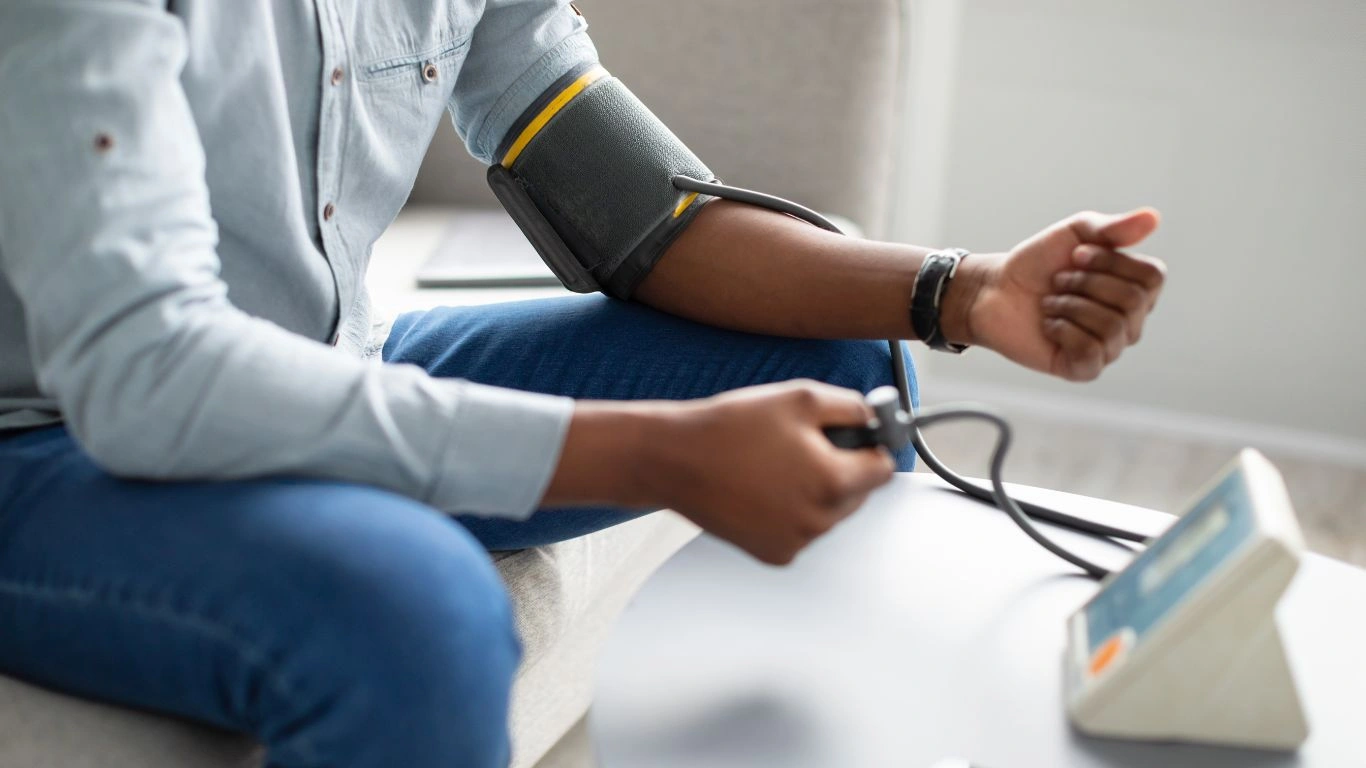
What you eat plays a huge role in your overall health, and when it comes to managing blood pressure, the right foods can make a significant difference. In the summer, we have access to a bounty of fresh, seasonal produce that can actually help with blood pressure regulation. As a doctor, I always encourage my patients to adjust their diets to take advantage of what’s in season. Here’s a rundown of some of my favorite foods for summer hypertension management:
- Berries – Blueberries, strawberries, raspberries—these are packed with antioxidants that help improve blood vessel function and lower blood pressure. I often recommend a fresh berry salad or even adding them to your morning smoothie for a refreshing boost.
- Leafy Greens – Kale, spinach, and Swiss chard are rich in potassium, which is crucial for controlling blood pressure. They help balance out the negative effects of sodium in your diet, making them a great addition to any summer meal.
- Beets – Beets are another summer-friendly food that can do wonders for blood pressure. They contain nitrates, which help relax blood vessels and improve blood flow. Roasting them on the grill or adding them to salads is an easy way to incorporate them into your diet.
- Citrus Fruits – Oranges, lemons, and grapefruits are rich in vitamin C and antioxidants, both of which help with blood pressure regulation. Plus, they’re refreshing on hot days and can be a great way to hydrate naturally.
- Watermelon – As far as hydrating summer fruits go, watermelon is king. It’s full of water (obviously) and contains an amino acid called citrulline, which helps improve blood flow and lower blood pressure. It’s perfect for hot days when you need something both refreshing and beneficial for your health.
Another thing to keep in mind is the importance of reducing sodium. The more sodium you consume, the more fluid your body retains, which can increase blood pressure. Processed foods, canned items, and fast foods tend to be high in sodium, so try to limit these during the summer. Fresh, homemade meals with herbs and spices (instead of salt) are always a healthier and more delicious option.
Alcohol and Blood Pressure: Summer Cocktails in Moderation
Now, let’s talk about summer drinks. While a cold cocktail on a warm evening might sound like the perfect way to relax, alcohol is something that should be consumed in moderation—especially if you’re managing high blood pressure. Even though it’s tempting to indulge in summer parties or barbecues, drinking too much alcohol can raise your blood pressure and interfere with your medications.
Moderate drinking (about one drink a day for women and two for men) can be part of a healthy lifestyle, but if you have high blood pressure, it’s important to keep track of how much you’re consuming. Red wine, for example, contains polyphenols that might actually help with blood pressure regulation, but the key is to drink it slowly and in moderation.
The Impact of Humidity on Blood Pressure and How to Combat It

Humidity is one of those summer factors that’s often overlooked when talking about hypertension. Humid weather can make it harder for your body to regulate temperature, which can lead to higher blood pressure. The heat causes your blood vessels to dilate, but if the air is saturated with moisture, sweat can’t evaporate as efficiently, and your body has a harder time cooling down. This leads to increased heart rate and elevated blood pressure, especially for those already prone to hypertension.
To help your body handle the humidity, try these tips:
- Stay Indoors During Peak Humidity – If you live in a region with high humidity, it’s especially important to avoid going outside during the peak humidity hours. Humidity levels are usually highest in the morning and late afternoon, so aim for indoor activities during these times.
- Use Air Conditioning or Fans – Air conditioning or fans can help lower the humidity inside your home, making it easier for your body to cool down. If you don’t have AC, even just using a fan can make a big difference.
- Wear Breathable Fabrics – Lightweight and breathable clothing helps your body stay cool. Cotton and linen are great options because they allow for better airflow and sweat evaporation.
- Cool Your Body Down – Take cool showers, use cold compresses, or even mist yourself with a spray bottle if you’re feeling overheated. This can help lower your body temperature and prevent the blood pressure spikes that can occur with prolonged exposure to heat and humidity.
When to Seek Medical Help: Recognizing Serious Signs of Hypertension

While managing your blood pressure during the summer heat with lifestyle changes, hydration, and exercise is incredibly important, it’s just as crucial to know when to seek medical attention. As someone who has worked with countless patients, I can tell you that hypertension can sometimes be sneaky—it doesn’t always show noticeable symptoms, but it can still do damage over time. That’s why regular monitoring and awareness of any warning signs are key.
If you’re managing high blood pressure, summer heat can sometimes trigger more severe health issues, like heat exhaustion or even a hypertensive crisis. Recognizing the early warning signs can make a world of difference. Let’s talk about some symptoms that should never be ignored:
- Severe Headaches – While mild headaches can be a common side effect of high blood pressure, if you’re experiencing a severe, sudden headache that doesn’t go away with rest or hydration, it might be a sign that your blood pressure is dangerously high.
- Chest Pain – If you’re feeling any tightness or discomfort in your chest, especially if it radiates to your jaw, neck, or back, get medical help immediately. This could be a sign of a heart attack or other serious complications of uncontrolled hypertension.
- Shortness of Breath – Difficulty breathing or shortness of breath, especially when it’s out of the ordinary for you, can be a sign that your heart or lungs are struggling under the pressure of high blood pressure. It’s essential to seek help right away if you notice this symptom.
- Blurry Vision – High blood pressure can affect the blood vessels in your eyes, leading to blurred or double vision. If this happens, it could mean your blood pressure is getting dangerously high and needs to be addressed by a healthcare professional.
- Swelling in the Legs or Ankles – If you notice swelling in your legs or ankles, particularly after being outside in the heat, this could be a sign that your heart is struggling to pump blood effectively due to high blood pressure. It’s a good idea to contact your doctor if this happens.
Any of these symptoms, especially when combined with the intense heat, require immediate medical attention. Hypertension is often referred to as the “silent killer” because many people don’t experience obvious symptoms until significant damage has been done. That’s why keeping regular appointments with your healthcare provider and getting your blood pressure checked frequently is essential.
How to Work with Your Doctor to Adjust Treatment Plans for Summer
As I’ve mentioned before, managing high blood pressure during the summer is all about balance. But sometimes, no matter how well we hydrate, exercise, and adjust our diets, we still need some help from our medications to keep things in check. And, when the temperatures rise, it might be time to revisit your treatment plan with your doctor.
During my years of practice, I’ve found that it’s common for patients to need adjustments to their medications when the weather changes. Summer brings its own set of challenges, like dehydration, extreme heat, and humidity, which can all impact how your body responds to hypertension medications. If you’re experiencing more dizziness, lightheadedness, or even feeling too sluggish after starting a new medication, don’t hesitate to talk to your doctor about it.
Your doctor may consider making adjustments, such as:
- Adjusting Dosages – Sometimes, reducing the dosage of certain medications (especially diuretics) can help prevent dehydration and keep your blood pressure in check during hot weather. It’s essential to not make these adjustments on your own, though. Always work with your healthcare provider.
- Changing Medications – If a particular medication isn’t working well for you in the summer heat, your doctor may switch you to a different class of blood pressure meds. There are many options available, and finding the right one can make a big difference.
- Adding Supplementary Medications – For some people, especially those with chronic conditions, it might be necessary to add medications that help regulate electrolyte balance (like potassium supplements) or even beta-blockers that protect against heat-related complications.
Remember, no one knows your body better than you, and it’s essential to keep an open line of communication with your doctor. If you find that your summer routine is throwing off your blood pressure control, it’s time for a conversation. Don’t be afraid to reach out—your doctor is there to help you manage your health, especially in extreme weather conditions.
The Importance of Lifestyle Modifications Beyond Medications
While medications are essential in many cases, lifestyle changes are the backbone of managing hypertension effectively. And when it comes to summer, it’s those lifestyle tweaks that make the biggest impact. In my experience, I’ve seen patients who manage their blood pressure just as effectively, if not better, through consistent changes in their day-to-day lives.
Here are a few additional lifestyle modifications that are particularly helpful during the summer months:
- Increase Your Fiber Intake – Fiber-rich foods like whole grains, legumes, fruits, and vegetables not only improve digestion but also help lower blood pressure. Foods like oats, beans, and lentils are great additions to any summer diet. Plus, they help you feel full and energized for longer, which can be beneficial when trying to avoid the afternoon heat fatigue.
- Manage Stress – Stress can cause temporary spikes in blood pressure, and if you’re already prone to hypertension, this can be a problem in the summer. Long days, heat exhaustion, or even stress over upcoming travel plans can make things worse. Try stress-relieving techniques like deep breathing, meditation, or even yoga to maintain your blood pressure levels.
- Quit Smoking – Smoking can raise your blood pressure and make it harder to control over time. If you haven’t already, quitting smoking can have huge benefits not just for your blood pressure but for your overall health. If you’re struggling with this, ask your healthcare provider for resources and support.
Disclaimer
The information provided in this article is meant for informational purposes only and is not intended to replace professional medical advice. Always consult with your healthcare provider before making any changes to your treatment plan or lifestyle. If you experience any symptoms of a hypertensive crisis or severe health issues, seek immediate medical attention.
For more information, visit HealthUsias to stay updated on the latest tips for managing hypertension in all seasons.

Dr. Gwenna Aazee is a board-certified Internal Medicine Physician with a special focus on hypertension management, chronic disease prevention, and patient education. With years of experience in both clinical practice and medical writing, she’s passionate about turning evidence-based medicine into accessible, actionable advice. Through her work at Healthusias.com, Dr. Aazee empowers readers to take charge of their health with confidence and clarity. Off the clock, she enjoys deep dives into nutrition research, long walks with her rescue pup, and simplifying medical jargon one article at a time.

